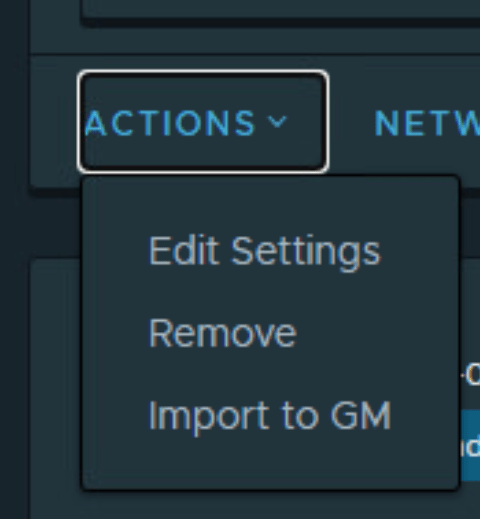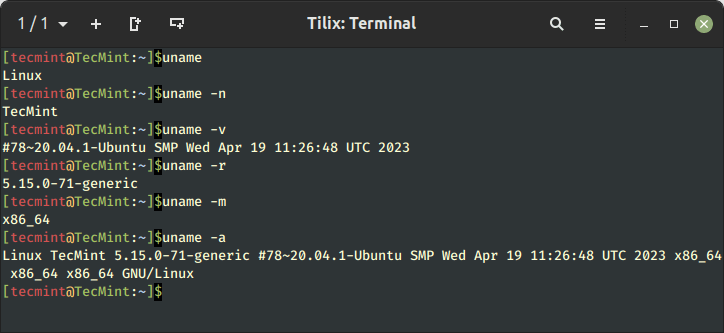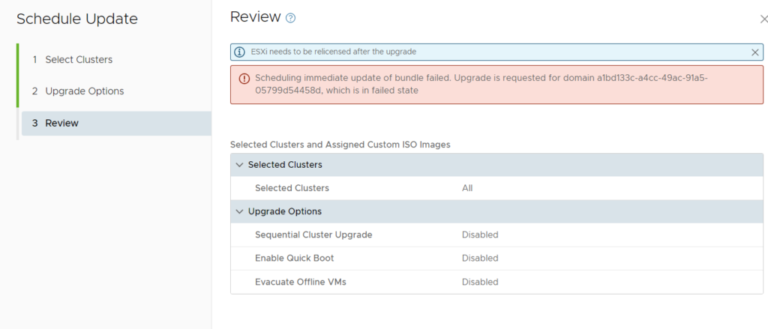
As a Linux administrator for over ten years, my primary responsibility has always been the security management of Linux servers. Firewalls play a critical role in securing Linux systems and networks.
They act like a security guard between internal and external networks by controlling and managing incoming and outgoing network traffic based on a set of predefined rules. These firewall rules allow legitimate connections and block those that are not specified.
With numerous open-source firewall applications available today, choosing the right one for your needs can be challenging. In this article, we will explore ten of the most popular open-source firewalls that can help secure your Linux servers in 2024.
1. Iptables / nftables
Iptables has long been the go-to command-line-based firewall for Linux systems. However, in recent years, it has largely been replaced by nftables, which provides a more straightforward and modern interface for managing firewall rules.
Features of nftables:
- Combines IPv4, IPv6, ARP, and netfilter into a single framework, making it easier to manage.
- Enhanced performance through a better packet filtering mechanism.
- Easier to use than iptables, reducing complexity in rule definition.
- Can still use iptables commands while transitioning to nftables.
2. UFW (Uncomplicated Firewall)
UFW is the default firewall configuration tool for Ubuntu, designed to simplify the process of managing firewall rules.
Features of UFW:
- A straightforward command-line interface that is easy to use for newcomers.
- GUFW, a graphical user interface for UFW, is available for both Ubuntu and Debian users.
- Built-in support for IPv6.
- Extended logging options for monitoring activity.
3. pfSense
pfSense is a widely-used open-source firewall/router software distribution based on FreeBSD, which has evolved to include many features typically found in expensive commercial firewalls.
Features of pfSense:
- Web-based interface for easy configuration and management.
- Supports traffic shaping, VPN, DHCP, DNS, and load balancing.
- Active community and extensive documentation.
4. IPFire
IPFire is another open-source firewall designed for small office and home office (SOHO) environments, offering modularity and flexibility.
Features of IPFire:
- Offers robust security through SPI.
- Built-in web proxy and content filtering capabilities.
- Integrated IDS for monitoring and prevention.
5. Shorewall
Shorewall, or Shoreline Firewall, is a powerful open-source firewall that simplifies complex iptables configurations.
Features of Shorewall:
- Allows for easier management of netfilter rules.
- Can manage multiple ISP connections.
- Provides a graphical interface through Webmin for easier administration.
6. OpenWrt
While traditionally known as a Linux distribution for embedded devices, OpenWrt is increasingly popular for its use as a firewall in home networks.
Features of OpenWrt:
- Fully customizable through packages and configurations.
- LuCI web interface for easy configuration.
- Access to a wide range of additional software packages.
7. Endian Firewall
Endian is based on the concept of Stateful Packet Inspection and offers a robust solution for small to medium businesses.
Features of Endian:
- Snort-based intrusion detection and prevention system.
- Integrated content filtering capabilities.
- Provides various VPN options, including OpenVPN.
8. Smoothwall
Smoothwall is an open-source firewall that provides a web-based interface for managing firewall settings and monitoring.
Features of Smoothwall:
- Real-time web content filtering and monitoring.
- Detailed user activity tracking and management features.
- Provides detailed logs and reporting features for traffic analysis.
9. ConfigServer Security & Firewall (CSF)
CSF is a popular firewall configuration script created to provide better security for servers while allowing for easy management.
Features of CSF:
- Monitors login attempts and provides alerts.
- Protects against a variety of common attacks.
- Works seamlessly with popular control panels like cPanel, DirectAdmin, and Webmin.
10. Firewalld
Firewalld is a dynamic firewall management tool for Linux, supporting both IPv4 and IPv6.
Features of Firewalld:
- Allows configuration of different zones to define the level of trust for network connections.
- Supports adding/removing rules without restarting the firewall.
- Provides both command-line tools and graphical interfaces for easier management.
Conclusion
Choosing the right firewall for your Linux server is crucial for maintaining a secure environment. Each of these open-source firewalls offers unique features tailored to different needs, whether for small businesses, home offices, or enterprise environments.
By understanding the capabilities of these tools, you can make an informed decision that enhances the security of your Linux systems. Feel free to share your experiences with these firewalls or suggest any others that you find effective.
Stay tuned for more informative articles on Tecmint.com!



